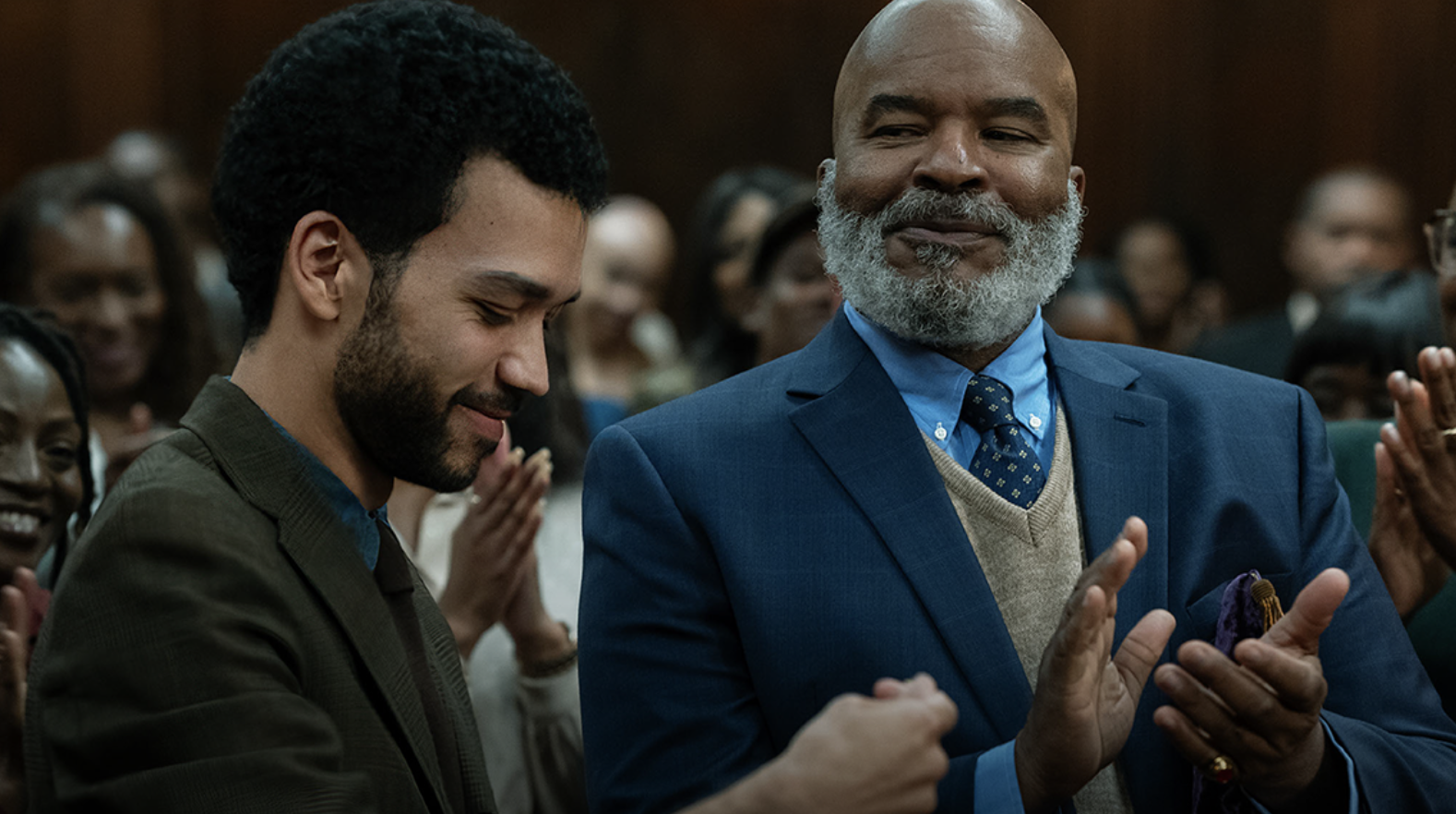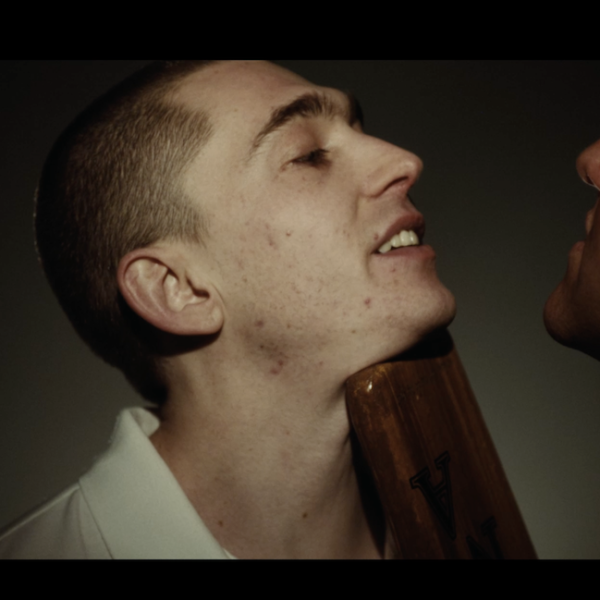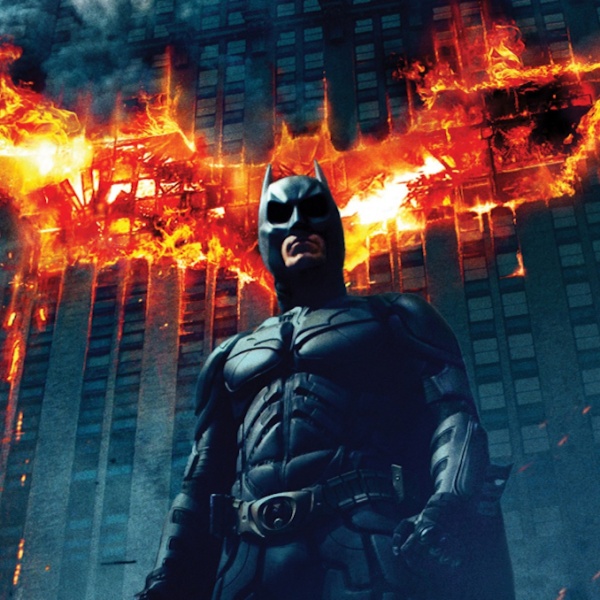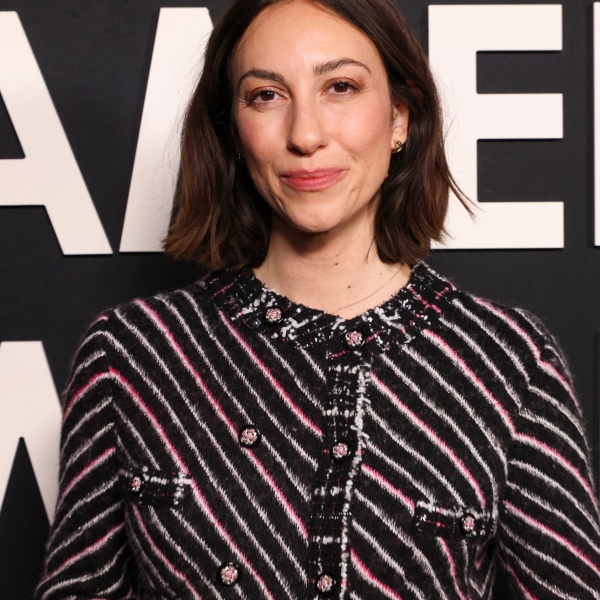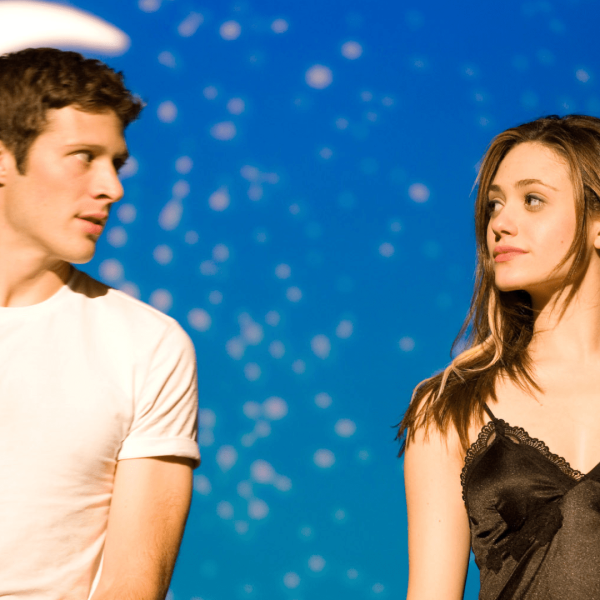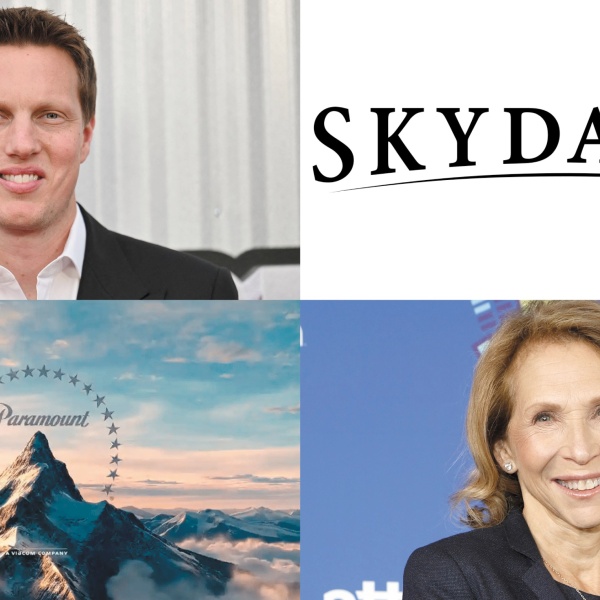Films about race relations often have a “Magical Negro” problem. Spike Lee named the cinematic trope, in which Black characters in marginalized positions are fully focused on the happiness of their white co-stars and portrayed as being satisfied with their lives.
That’s the target of “The American Society of Magical Negroes,” Kobi Libii’s hit Sundance satire that imagines a world where “Magical Negro” is an actual occupation. Libii and the film’s stars, David Alan Grier and Justice Smith, stopped by the IndieWire Studio at Sundance, presented by Dropbox, to talk about using humor to critique a trope that has bothered them throughout their lives and careers.
“It all starts with the magical negro trope,” Libii said. “But as much as anything, what I am doing with it beyond critiquing the trope and its shortcomings, is using it as a way in to talk about a very particular defense mechanism that I was taught as a Black person: to keep myself safe by being accommodating to powerful white people.”
Smith said his desire to pursue a career in the arts stemmed from a feeling that the needs and emotions of Black people were never prioritized.
“I remember growing up and being with these white kids and I could see in their eyes that I was their ‘Black best friend,’” Smith said. “I could tell I was the supporting character in their life. And maybe that’s why I’m an actor today. I remember [thinking], ‘When is it my turn to be in the spotlight? When is it my turn to go through my issues?’”
So why does the Magical Negro trope continue to exist? Grier believes that the Magical Negro survives because white audiences still enjoy the comfort and entertainment value it provides.
“It is like crack to white people,” Grier said, adding that many white people denounce the trope but few take action to back it up. “I see it repeatedly. Say what you want, but if you go to a packed theater, it’s crack.”
Libii said teaching Black people to make themselves smaller to accommodate white people creates not only unfulfilling lives but also fails in its stated goal of keeping Black people safe.
“These defense mechanisms I was taught — that American society and structural racism have encouraged in us Black people — they don’t feel good to us, obviously, but they also won’t keep us safe,” he said. “That’s part of the critique of the film, that being a magical negro, even if society asks you to do that, won’t keep you safe. Because these forces are too powerful and too dangerous.”
Libii said he decided to use humor to disarm his audience and prevent Black viewers from blaming themselves.
“It’s really embarrassing to talk about,” he said. “It’s really embarrassing to admit out loud, ‘Hey, I accommodated this white person at the expense of my own self-interests. That’s just an embarrassing thing to admit as a Black person. We’d much rather look in the mirror and see a powerful Black revolutionary than somebody that ever compromised. So the humor, quite specifically, is what makes it bearable to look at these embarrassing defense mechanisms that I’ve engaged in.
“It’s not Black people’s fault if they have ever made this choice,” Libii said. “It’s the fault of a system that coerced them.”
The 2024 Sundance Film Festival runs January 18–28, with festival talks taking place January 19–26. See the full lineup here for the IndieWire Studio at Sundance, presented by Dropbox.
Dropbox supports and champions independent makers, crews, and teams behind the camera who bring their unique perspectives to life at the Sundance Film Festival. We’re proud that over 60% of films at the 2024 Sundance Film Festival leveraged Dropbox in their filmmaking process. It takes a monumental effort for film projects to go from ideation to completion, and Dropbox is dedicated to helping filmmakers get their projects across the finish line faster. Filmmakers used Dropbox as one organized homebase to keep video files secure, to remotely collaborate with teams around the world, and to get real-time video feedback with Dropbox Replay.
